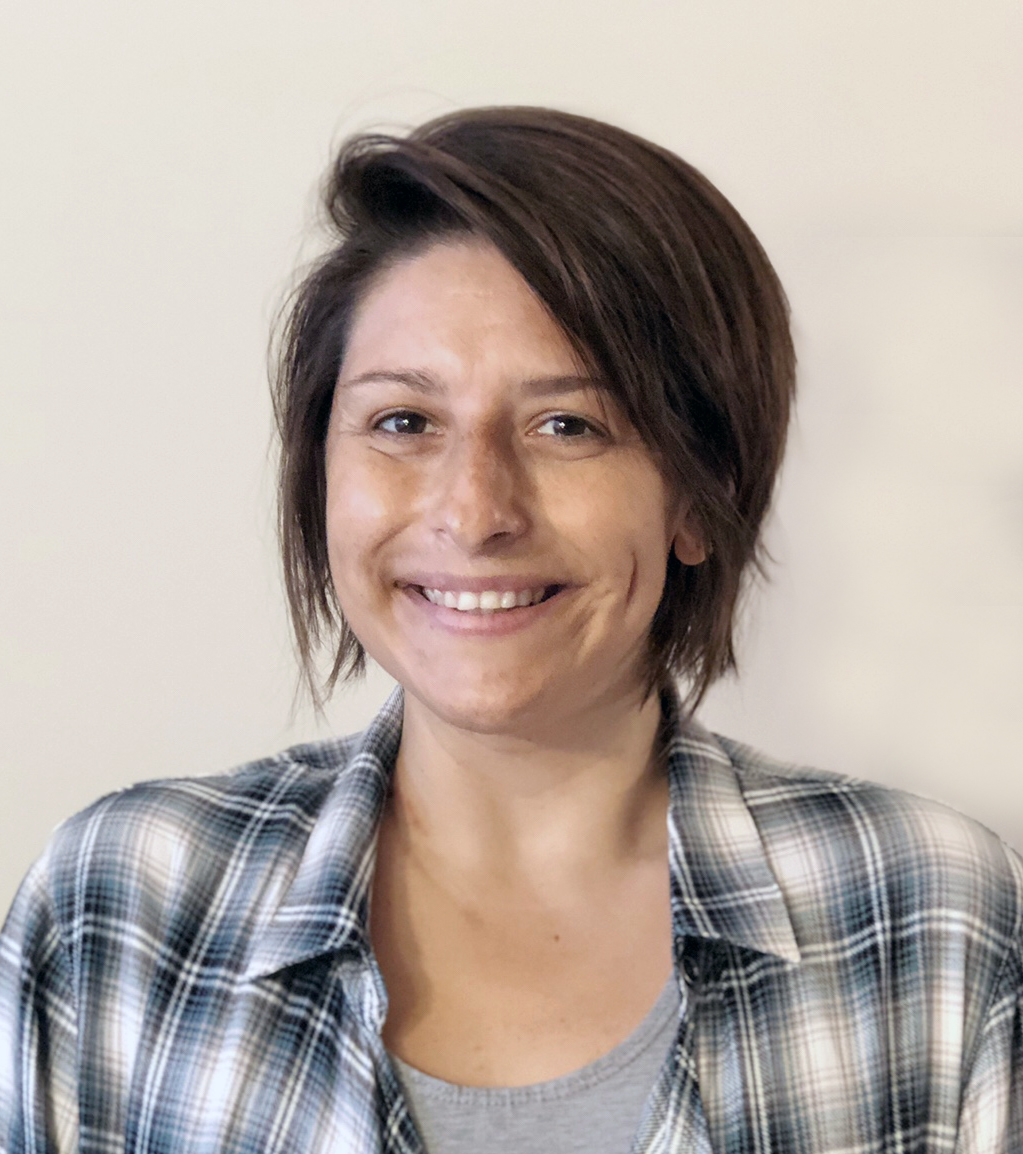Press Release
White House Taps Johns Hopkins APL’s Agata Ciesielski for Innovation Fellowship
Agata Ciesielski, a machine-learning developer at the Johns Hopkins Applied Physics Laboratory (APL) in Laurel, Maryland, has been named a 2021 White House Presidential Innovation Fellow. She’ll begin a yearlong assignment with the Department of Transportation’s Intelligent Transportation Systems Joint Program Office this month, helping to establish artificial intelligence (AI) policies for autonomous vehicles.
The White House Office of Science and Technology Policy established the fellowship program in 2012 to attract top innovators into government to tackle issues involving technology, policy and process. Since then, the program has recruited more than 150 fellows to work with federal agencies to solve critical governance issues, including accelerating speed to service, developing methods of procurement and encouraging risk-taking in public-private partnerships.
Ciesielski joined APL in 2016 as a researcher on a project to teach robots to autonomously detect, locate and then open a door using computer vision. Since then, she has worked on a variety of efforts across the Laboratory, developing learning algorithms for computer vision and natural language processing for applications, including those pertaining to health care and robotics.
She said she was “excited and humbled” to be chosen for the program. She applied for the fellowship because she was inspired by the exciting research she’s been a part of and wanted to help policy makers better understand these technologies so they can be more readily accepted into the public domain.
“I’ve been working — and playing — in the field of machine learning, robotics and biomedical engineering for the last 20 years. On the one hand, solutions can be wildly helpful with national security, health and everyday life; on the other hand, the idea of algorithms and robots infiltrating our lives scares many,” Ciesielski said. “As technologists our role is not only to invent, but also to explain and teach how these tools can be used to improve the quality of human life.”
She’s hoping to use her fellowship as a platform to help advance this concept in the field of AI. She had offers from several agencies but chose the Transportation Department because of its academic and collaborative nature.
“Getting autonomous vehicles on the road requires a united front from government, private industry and research organizations,” she said. “An emerging example is the increase in use of electric scooters in cities. Because scooters use public roads, when they pile up, they can cause problems for the municipalities. Now imagine the issues that can arise when private companies introduce fully autonomous systems onto these same public roads. By creating policies and standards for these emerging technologies, we allow for faster innovation, safe integration and current-state representation.”
“This is a great opportunity for Agata to grow and expand her career,” said Christopher Ratto, who oversees the Artificial Intelligence Group in APL’s Research and Exploratory Development Department. “At the same time, it’s a great opportunity for APL. Agata will gain valuable insight about autonomy challenges that government, industry and consumers are facing and bring that knowledge back to the Lab.”
She also hopes to help shore up communications around state-of-the-art AI and its possibilities, as well as the associated risks.
“Like people, algorithms [that feed AI] are prone to mistakes,” she said. “So researchers, the public, potential sponsors and policy makers need to understand the promise and the potential faults. While I am deeply passionate about this technology, I believe it should only be used to enhance the human experience.”
